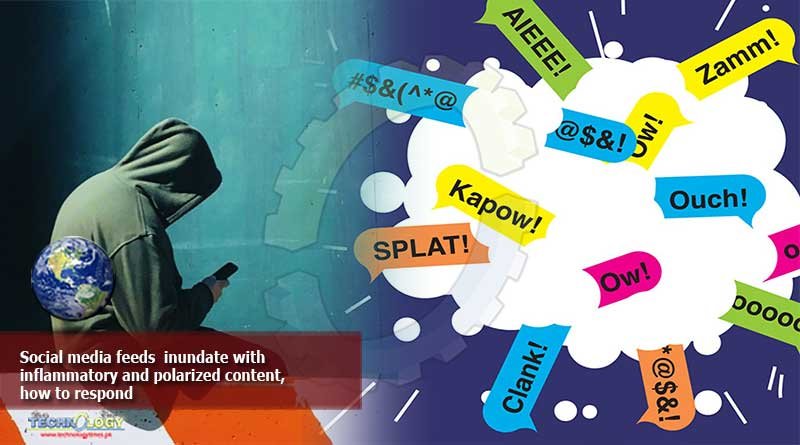Our social media feeds are inundated with inflammatory and polarized content. Clear lines have been drawn on otherwise complex issues.

People are experiencing enormous stress and upheaval due to the COVID-19 pandemic, increased visibility of injustices, leadership vacuums, economic decline, and civil unrest.
In attempt to encourage clicks, likes, and shares, news is intentionally sensationalized and emotionally charged. Our social media feeds are inundated with inflammatory and polarized content. Clear lines have been drawn on otherwise complex issues. Moreover, as social media feeds coincide with our likes, preferences and worldviews, ideological silos and echo chambers predominate, contributing to even greater division between people.
These headlines often become the subject of our social media posts and commentary, which are similarly polarized and contentious. Unfollowing, unfriending, and even doxing have become standard practice. Solutions to global issues are complex, and people are complicated. Moving toward solving such challenges requires deep engagement with others- others whose opinions and perspectives may differ from our own. It requires active listening, suspension of one’s preconceived ideas, and open dialogue. Such behavior encourages true understanding and empathy between people.
It is easy to post a quick response to another’s media post and walk away from the screen. Sitting down with another human being to discuss emotionally laden and complex issues in real time is much harder, especially when opinions differ.
Given the realities of technology as a primary form of present day communication, the following are recommendations for social media behavior when it comes to difficult topics:
- Hesitate. Before posting or responding online, hit the pause button, particularly if you experience strong emotional reactions. Anger, anxiety, or emotional discomfort may cause us to react in ways that may be harmful to ourselves or others. Pausing reduces the likelihood that we will regret our responses.
- When posting or responding online, consider the purpose. Is the goal of your message to achieve greater awareness or understanding on your part or others? Will your post or response lead to greater understanding and connection or will it achieve more friction and division? Be as honest with yourself as possible and consider whether your message is the best approach to achieve your goal.
- Recognize that sometimes it is better to not post or even respond. Again, consider the purpose and the likely outcome.
Human beings are complicated. We all possess flaws and weaknesses as well as strengths.
Continuing to explore ways to engage in real dialogues and foster unity is one of the most difficult challenges of our time, but also one of the most important.
the article is originally published at psychology today.
